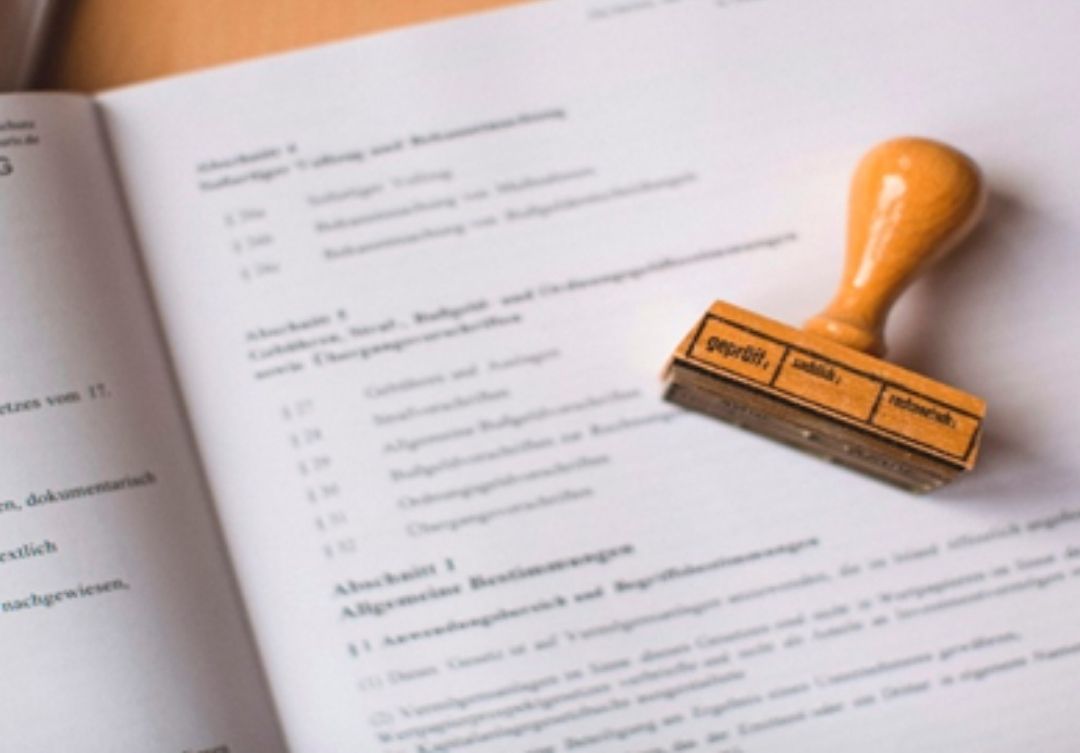Patent License Drafting
Patent and patent licensing services can be highly beneficial for individuals and businesses that have created innovative products or processes and wish to protect their intellectual property rights. A patent is a legal document that grants the patent holder exclusive rights to make, use, and sell an invention for a particular duration. Patent licensing allows the patent holder to authorize others to use the invention in exchange for a fee or royalty.
Einfolge’s patent license agreement outlines the terms and conditions of the license, including the scope of the license and the geographic territory covered by the license, the payment or royalty structure, any performance obligations of the licensee, any restrictions,or limitations on the use of the patent, and any indemnification or warranty provisions.
Einfolge'sspecialized licensing services can help clients navigate the complex process of obtaining and managing patents. We aid with drafting and filing patent applications, conducting patent searches and analyses, developing patent licensing agreements, and managing a portfolio of patents.
We provide end-to-end solutions for patent licensing and monetization, from evaluating the strength and value of a patent portfolio to identifying potential licensing opportunities and negotiating agreements where profits can be maximized.
The goal of patent license drafting is to create a fair and balanced agreement that protects the interests of both the licensor and the licensee, while also ensuring that the patented invention is used in a manner that is consistent with the patent owner's goals and objectives.
Get a free quoteEinfolge's Patent License Drafting Process
Einfolge's Patent License Drafting refers to the process of creating a legally binding agreement between a patent owner (licensor) and another party (licensee), which grants the licensee the right to use, manufacture, sell or distribute the patented invention in exchange for payment or other consideration.
The scope of the license should be clearly defined in the agreement, including what intellectual property rights are being licensed, what products or services the license applies to, and any limitations or restrictions on the license. The agreement should include a provision for dispute resolution, such as mediation or arbitration, in the event of disagreements between the parties. Once the terms of the license have been negotiated and agreed upon, the final agreement should be drafted and reviewed by our legal experts before it is executed.


Types of Patent License
There are several types of patent licenses that businesses or individuals can enter, depending on their specific needs and goals.
- Exclusive License: This type of license gives the licensee (the person or entity that is granted the license) exclusive rights to use, manufacture, and sell the invention covered by the patent.
- Non-Exclusive License: This allows the licensee to use the patent but does not grant exclusive rights. The licensor can grant licenses to other parties as well.
- Compulsory License: This type of patent is usually reserved for pharmaceuticals, and it occurs when the government allows somebody to use your patented invention even against the will of the patent holder.
- Voluntary License: This is a form of licensing that can be used in the pharmaceutical industry.
- Carrot License: A market practice that shows a potential licensee what the patent license has to offer and how they can benefit from this license.
- Stick License: If someone is already using your patent without permission and you don't want to take legal action against them, offer them a license.
Why patent licensing?
- By licensing your invention to another company, you can expand its horizons beyond your own resources and networks. The licensee may have the resources and expertise to market and sell the product in new markets or industries, potentially increasing its profitability.
- You can reduce the risk and costs associated with manufacturing, marketing, and selling the product yourself.
- It can also lead to strategic partnerships and collaborations with other companies.
- Licensing your invention allows you to generate revenue by receiving royalties or licensing fees from the licensee.
CONTACT US TODAY!
Latest Blog
